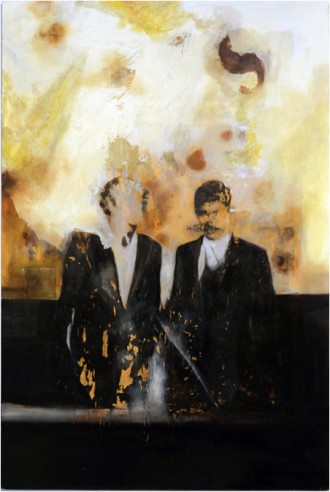
On Monsters
“This made me reassess everything that I thought I had known about him, and to an extent what I thought I had known about myself.” Deonte Osayande looks at what happens when a childhood friend becomes a murderer.
Read More
“This made me reassess everything that I thought I had known about him, and to an extent what I thought I had known about myself.” Deonte Osayande looks at what happens when a childhood friend becomes a murderer.
Read More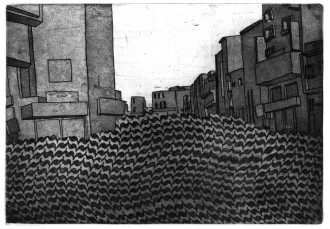
“New constructions in the city — often featureless, rectilinear beehives built inside gated compounds — are frequently christened as a ‘court’, ‘manor’ or an ‘enclave’.” Part II of Chitralekha Basu’s look at how English is used in modern Calcutta.
Read More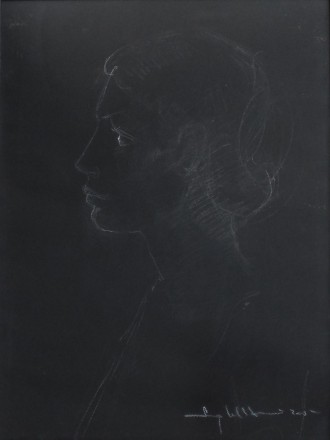
“The tradition of adapting English words as part of Bengali colloquial speech is at least two-hundred-years old.” Chitralekha Basu explores the English language in everyday Bengali speech.
Read More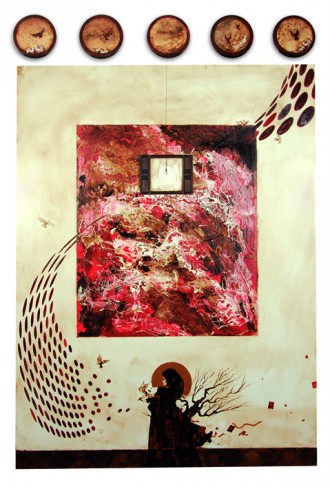
“Characters…in motion, changing, and searching for identity. Any attempt at traditional syntax construction is lost, and subsequently altered, as the words themselves become reflections of the character’s mindset.” Noah Klein defines the transitory condition of Michael Ondaatje’s characters.
Read More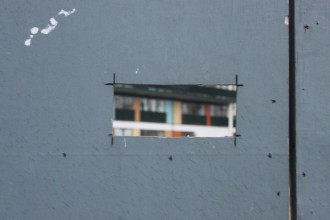
“All of us lived in fear of the eminent bombing from America for a number of years, but exploring bomb shelters still became our favourite pastime.” Nellie Barg remembers her childhood in post-WWII Kiev.
Read More
“In Trinidad, women want bigger breasts, bigger butts and stomachs that ripple with the slightest movement.” LaTroya Lovell comes to terms with her desire to be fat.
Read More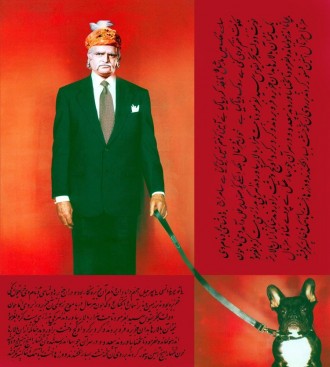
“In Asia alone, there live 4.4 billion of the world’s 7.3 billion people. But when top-notch recruitment firms in the West claim they found a new multimillion pay-packet CEO after a “global†search, just how global was it?” Vinay Kolhatkar continues his investigation into the prejudice against foreigners in the Western working world.
Read More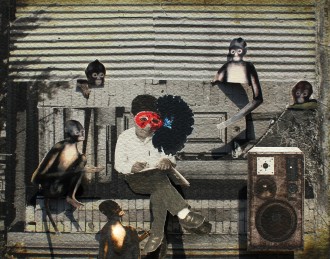
“…the glass-ceiling bias impeding immigrants is manifested in a bias against those speaking with non-native accents, the strongest signal of immigrant status — detected quickly and apparent almost continuously.” Vinay Kolhatkar investigates the glass ceiling for immigrants in English-speaking countries.
Read More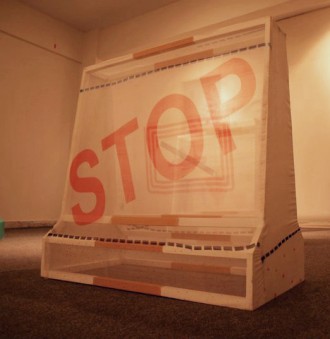
“It is an erroneous, and often tragic, colonial fantasy to perceive Africans as vague and abject creatures plucked from wild, virgin territory for the benefit of culture, civilisation and the formation of identifiable consciousness.” Part two of Sanya Osha’s look into slavery’s forgotten history.
Read More
“The economies of Great Britain, the Netherlands, Portugal and France would not be what they are presently without the transatlantic slave trade.” Sanya Osha looks at the history of the African slave trade and what it means today.
Read More